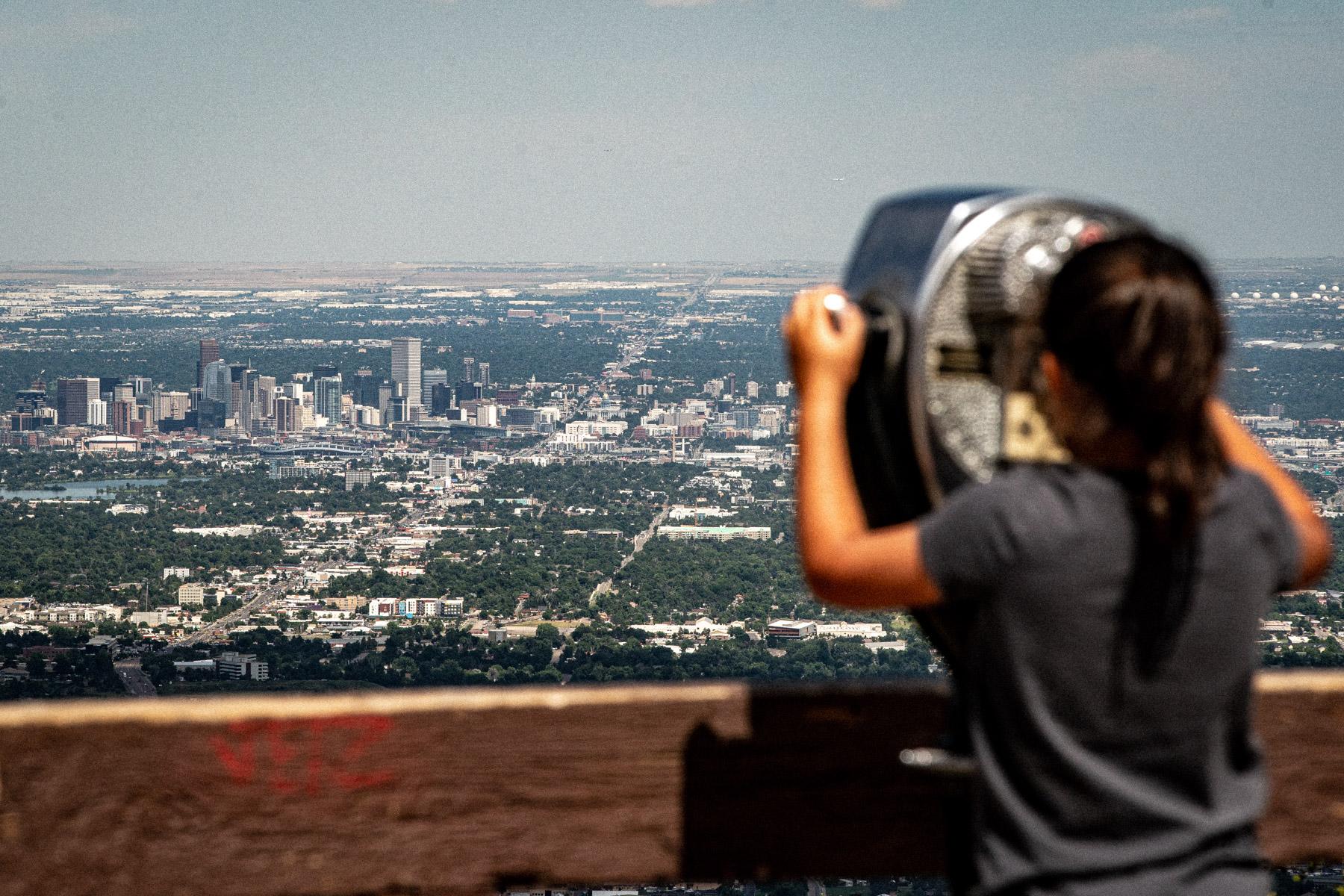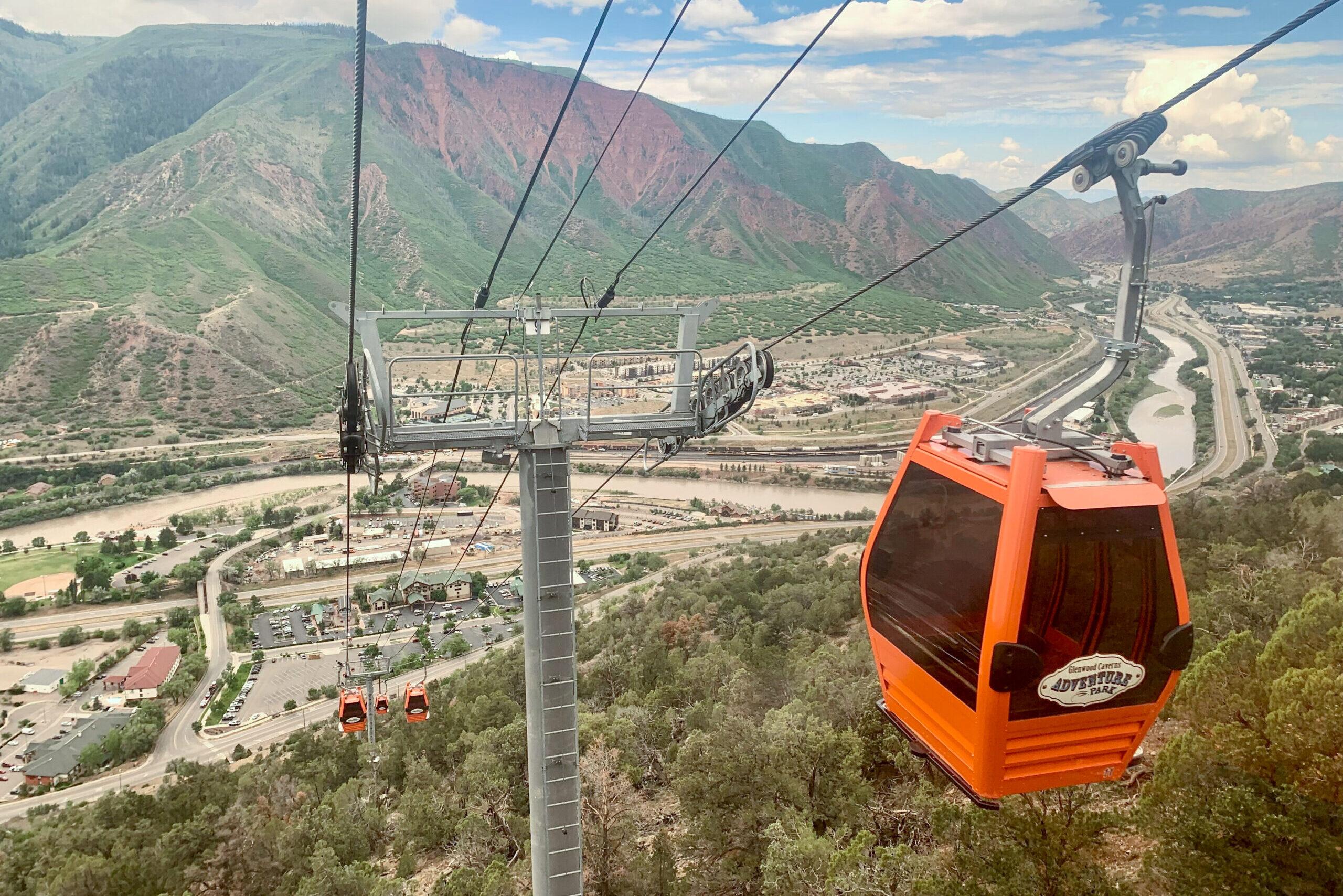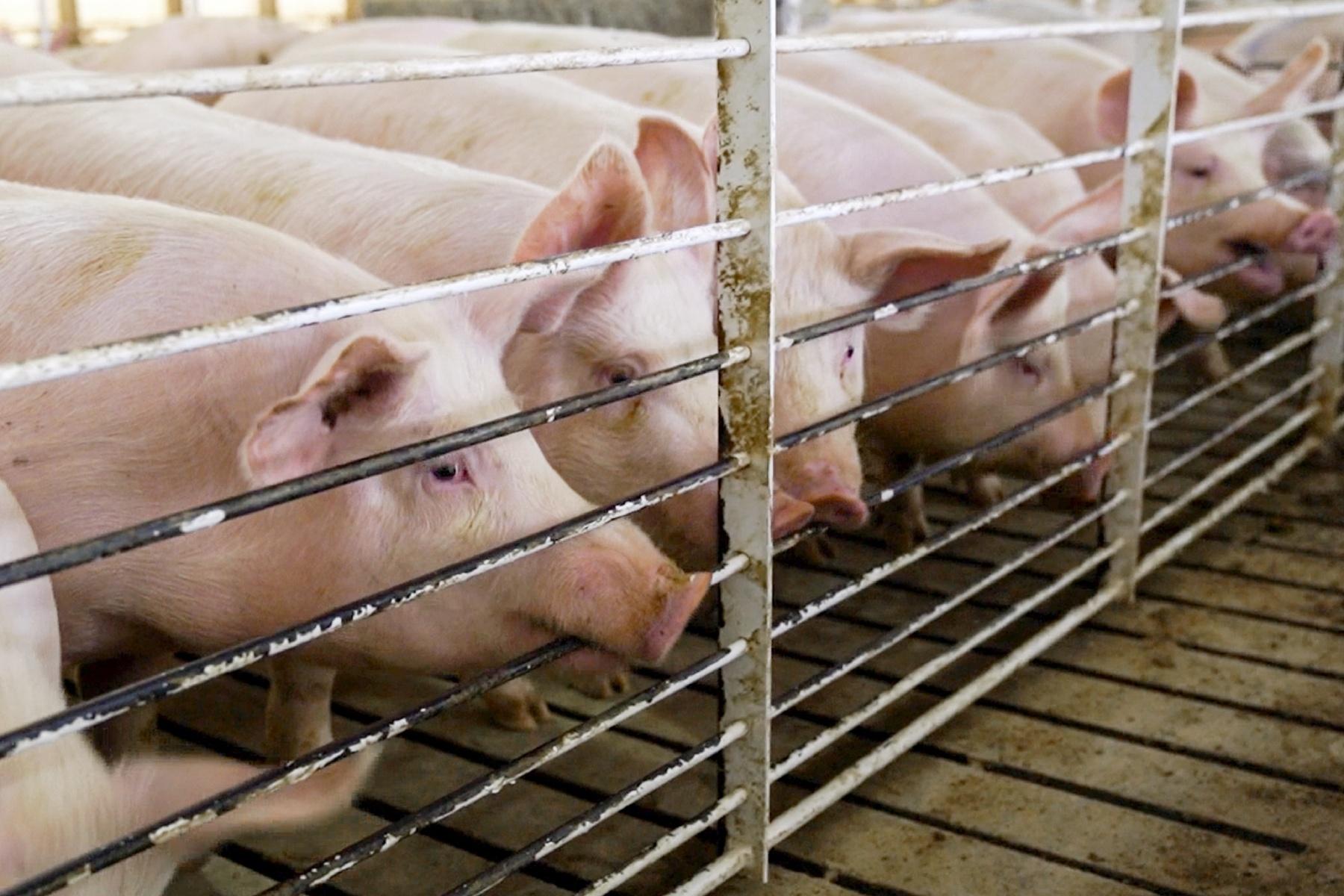
Get ready for a hot weekend — 100 degree temperatures are forecast across Colorado, bringing sweltering heat and fire risk.
Statewide, temperatures will hover in the mid-90s on Juneteenth before climbing on Friday.
Along much of the I-25 corridor and the Eastern Plains, 100 degree highs will persist through the weekend before breaking into the mid-70s on Monday.
Some Front Range communities, typically at higher elevations, will be spared from triple digit temperatures, but will still get hot. Cities like Fort Collins, Castle Rock, Evergreen and Estes Park are not expected to break into the 100s.
For the metro area, breaking into the triple digits in late June is fairly typical. Last year, the first 100 degree day was June 25. Historically, the earliest 100 degree day happened in 2013 and 2022 on June 11. The latest was Sept. 5, 2020.
Due to worse drought conditions on the Western Slope, that part of Colorado will experience more extreme heat this weekend. Almost the entire western half of Colorado is at extreme risk of wildfires due to high temperatures, strong winds and low humidity.
Fire danger is expected to persist on the Western Slope through at least Saturday evening.
Colorado’s fire season already started, as a fire near Wolcott in Eagle County forced officials to close Interstate 70 briefly Wednesday evening. The fire was fully contained hours after igniting.
How to stay safe during extreme heat.
The National Weather Service issued a heat advisory for the I-25 corridor from Pueblo to Wyoming and most of the Eastern Plains to caution against heat-related illness. It’s in effect from 11 a.m. Friday to 6 p.m. Saturday, and says the temperatures could hit 103 on the plains.
Experts warn that extreme heat can be deadly, whether you’re indoors or outdoors.
For those who have to be outdoors, it is advised to stay well hydrated and take breaks in the shade whenever possible. Those who choose to be outdoors for recreational activity should also limit strenuous exercise and wear lightweight, loose clothing.
Symptoms of heat-related illnesses, like heat exhaustion and heat stroke can include heavy sweating, fast pulses, fatigue and nausea.
For those who lack air conditioning at home, cities may choose to open cooling centers — typically inside libraries or recreation centers — where residents can wait out the heat wave.
Heat waves can also lead to poor air quality across the state. Several Denver-metro counties, including Denver, Douglas, Jefferson and Boulder, will have high levels of ozone concentration in the air. Ozone is a common air pollutant that is known to irritate lungs and potentially shorten human lifespans. Those sensitive to pollutants are advised to stay indoors.









